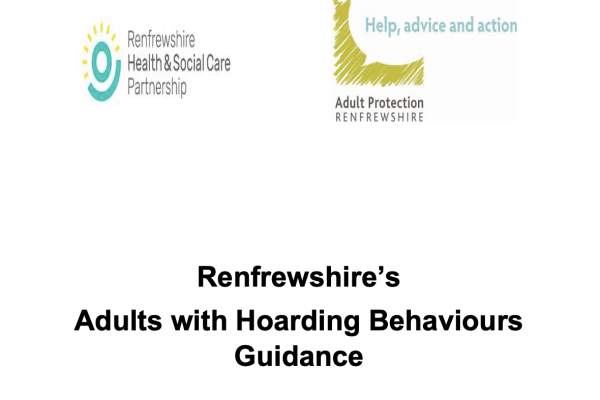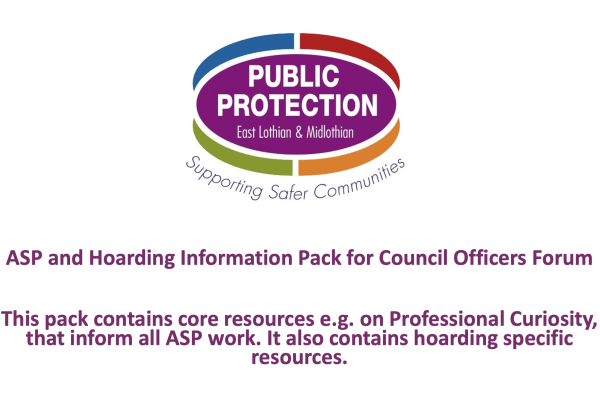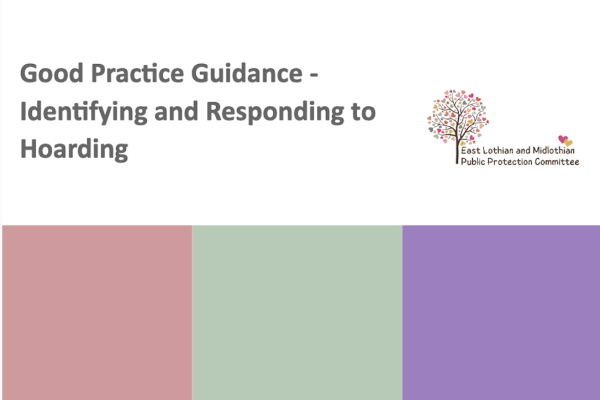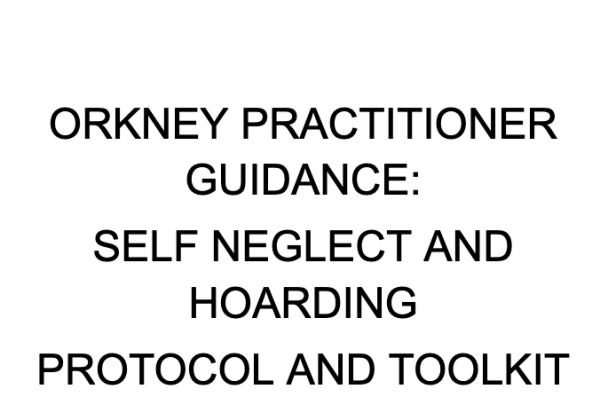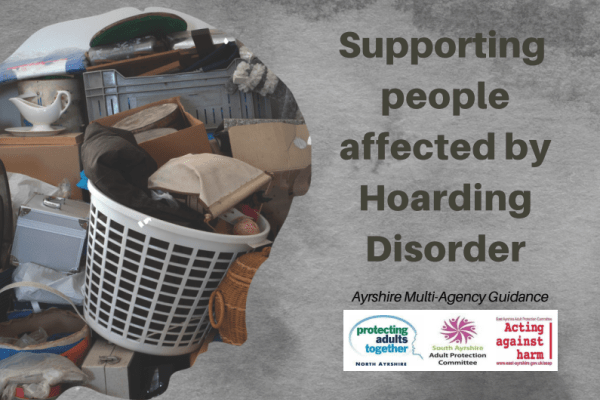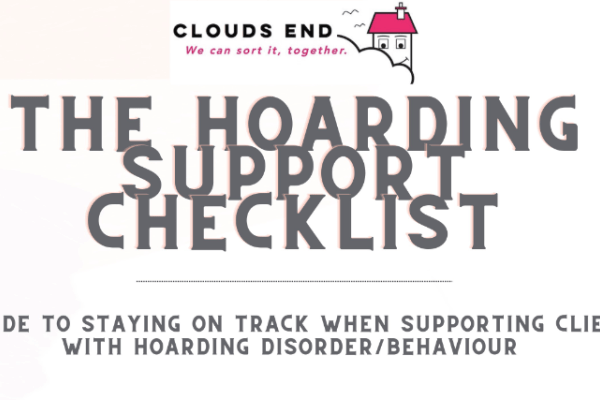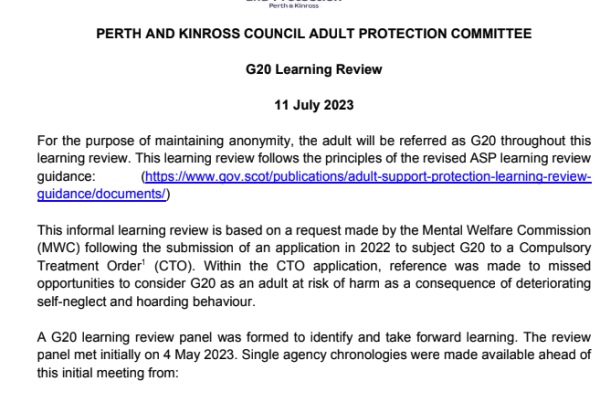Adults with hoarding behaviour guidance (Renfrewshire)
This guidance describes what is meant by hoarding, the types of behaviour exhibited, and what the impact may be on the individual and those around them. It outlines three broad approaches to addressing hoarding behaviour (single agency response, formalised multi-agency complex case management, and investigations under the Adult Support & Protection (Scotland) Act 2007).
